In the latest research led by Wang Chao, of Shanghai University, the team said they used a quantum computer made by Canada's D-Wave Systems to successfully crack the cryptographic algorithm, marking a major milestone.
Using D-Wave Advantage, they successfully attacked the Present, Gift-64, and Rectangle algorithms, which are known as the main representatives of the Substitution-Permutation Network (SPN) structure. This structure is the foundation for the Advanced Encryption Standard (AES), a system widely used in financial and military encryption protocols.
While AES-256 is often labeled as military-grade and considered the most secure encryption standard available, research suggests that quantum computers could soon threaten that security.

Chinese scientists say they have used a quantum computer to successfully attack a popular encryption method. Photo: Shutterstock
Wang's team said "this is the first time that quantum computers have posed a real and significant threat" to the long-standing password protection mechanism used in many important fields, including banking and the military.
While the field of general-purpose quantum computing is still in its early stages, there are no immediate risks to modern cryptographic systems. Scientists are increasingly exploring specialized quantum computers for both their potential uses and their vulnerabilities.
The D-Wave Advantage quantum computer was originally designed for more practical applications than password cracking. It has previously been used by many companies and organizations for logistics and financial tasks.
Quantum computers use a technique called quantum annealing, which mimics a process similar to metallurgy, in which materials are heated and cooled to increase their strength. This method allows computers to quickly solve complex problems.
The team describes the technique as similar to an artificial intelligence algorithm capable of optimizing solutions on a global scale. His team combined quantum annealing with conventional mathematical methods to create a novel computational architecture.
Despite the achievement, the researchers also acknowledged the current limitations of quantum computing technology. In the report, Wang said that although quantum computing has promise, its development is hampered by environmental factors, immature hardware, and the challenge of designing a single algorithm capable of cracking multiple cryptographic systems.
The study emphasizes that while quantum computers have yet to reveal the specific cryptography used in the test algorithms, as the technology advances, further developments could lead to more powerful quantum attacks.
Hoai Phuong (according to SCMP)
Source: https://www.congluan.vn/trung-quoc-be-khoa-thanh-cong-thuat-toan-ma-hoa-nho-may-tinh-luong-tu-post316531.html






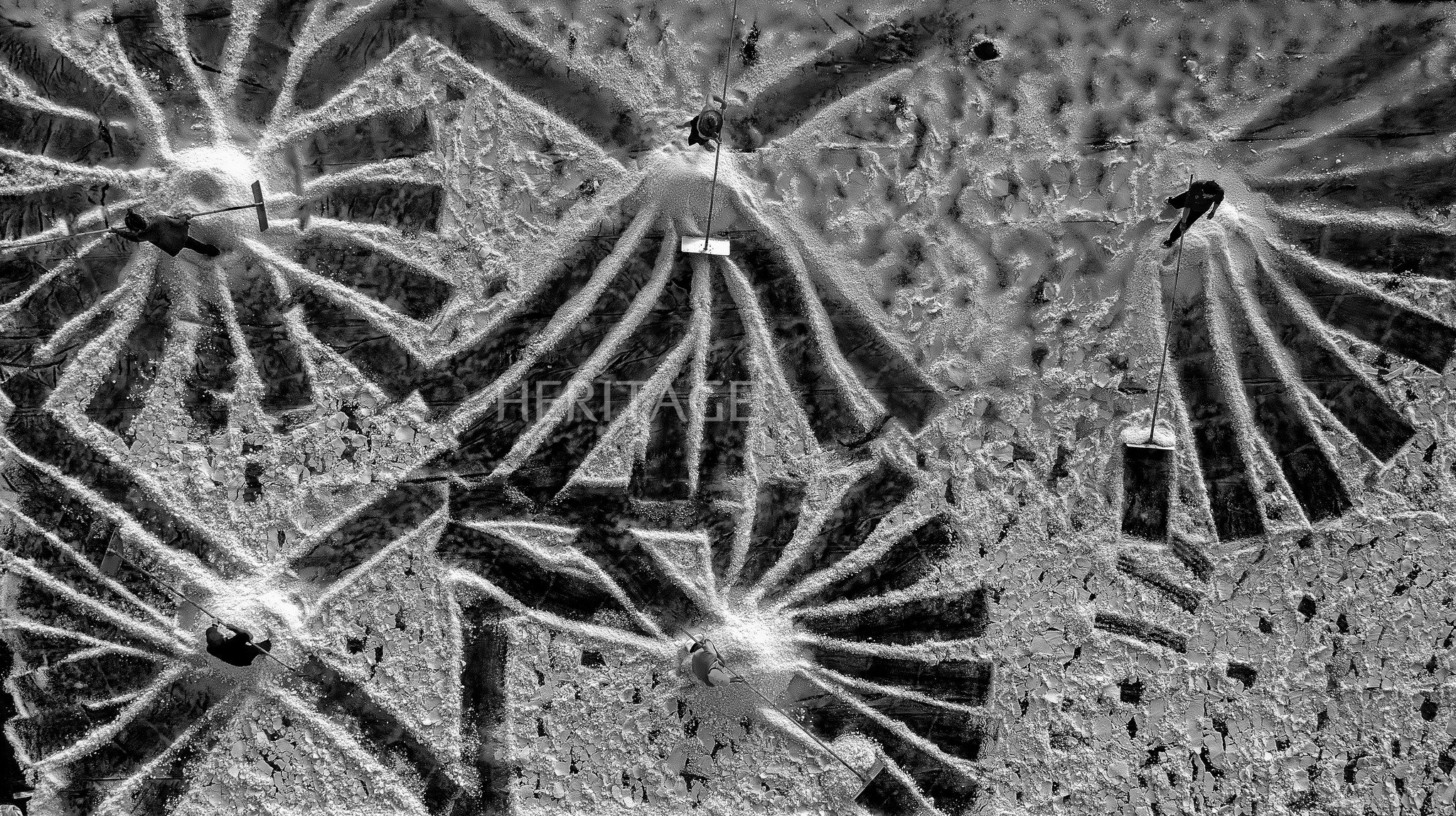





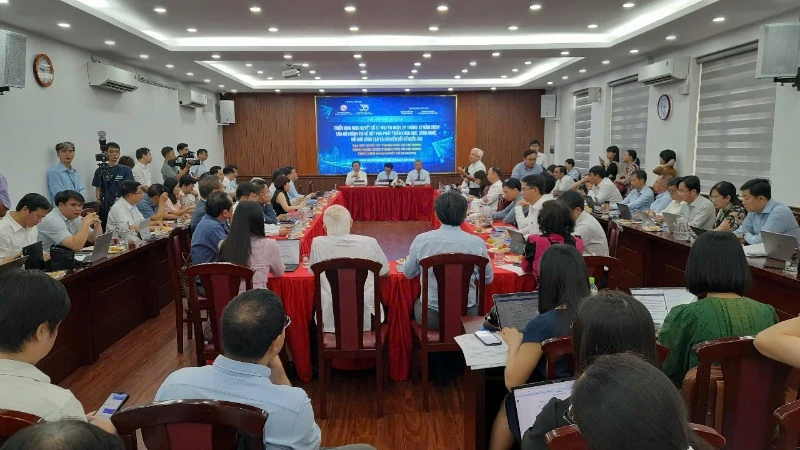

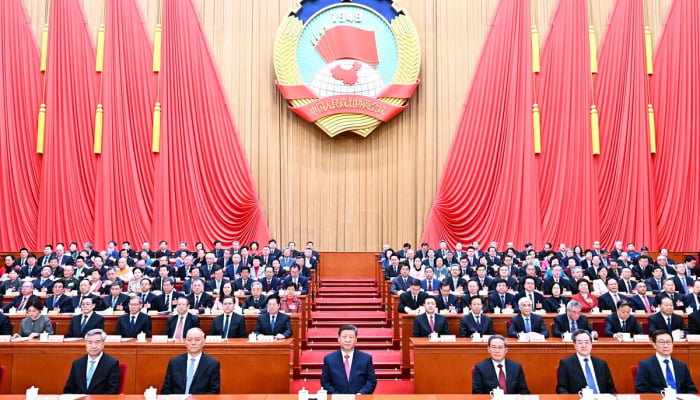







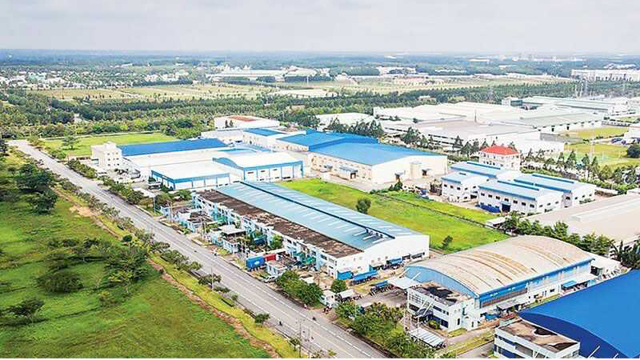






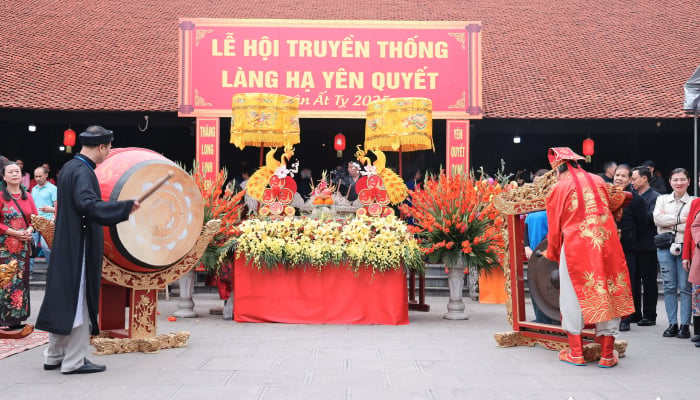

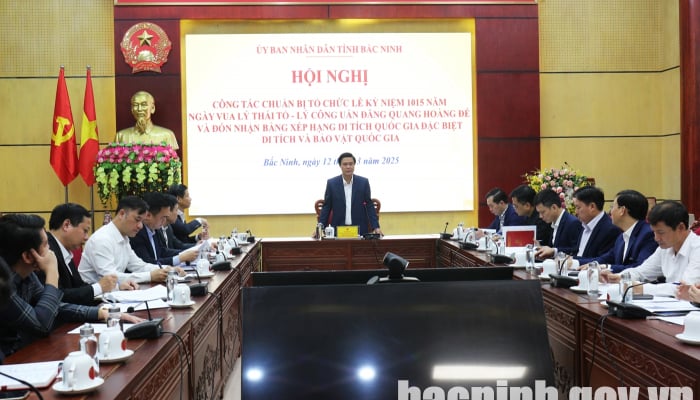
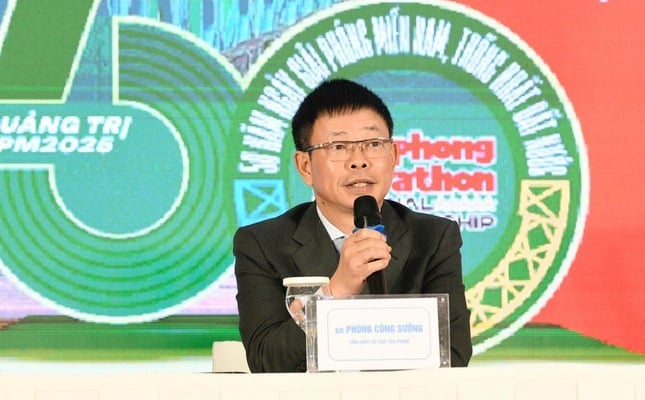









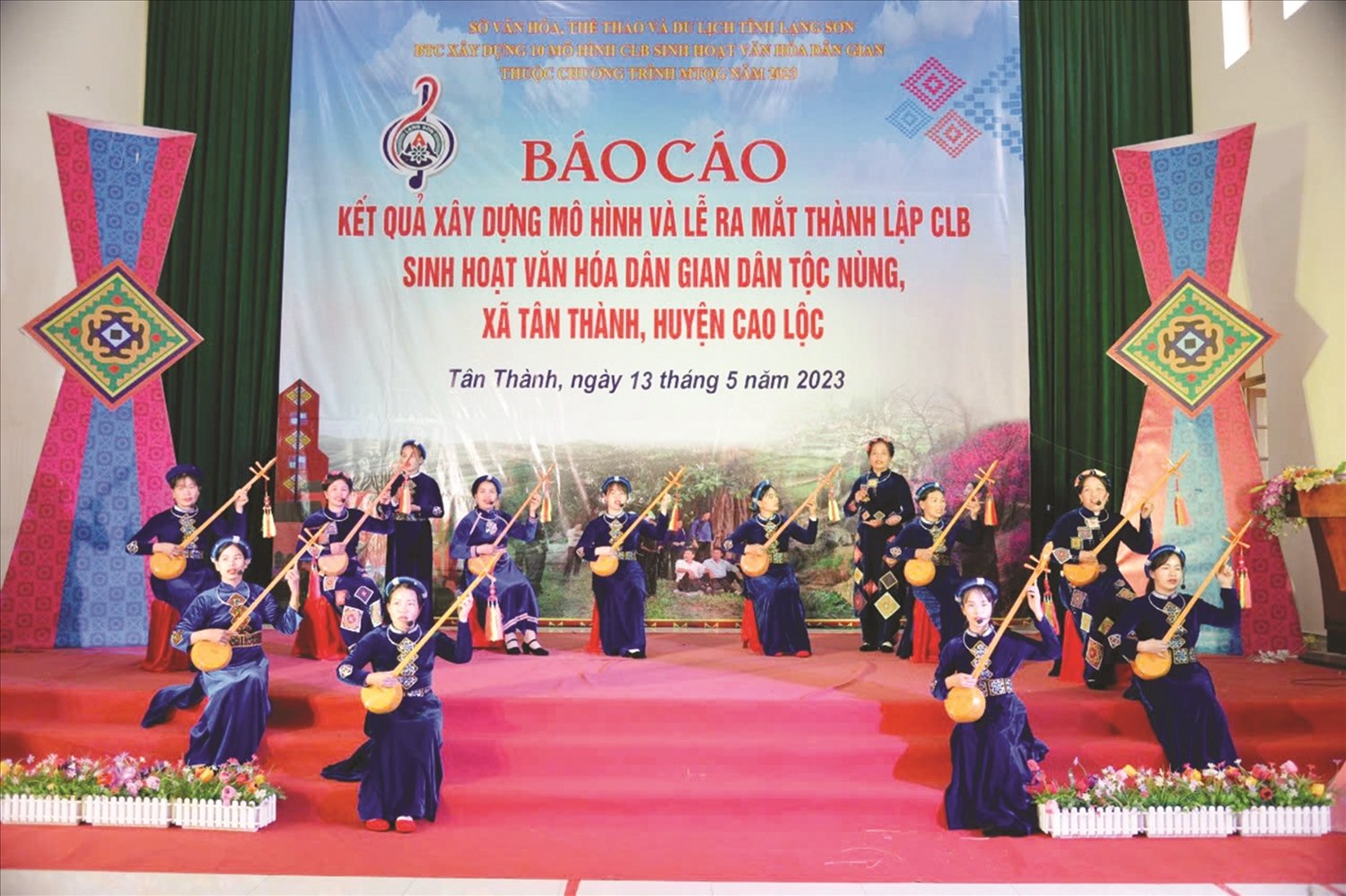










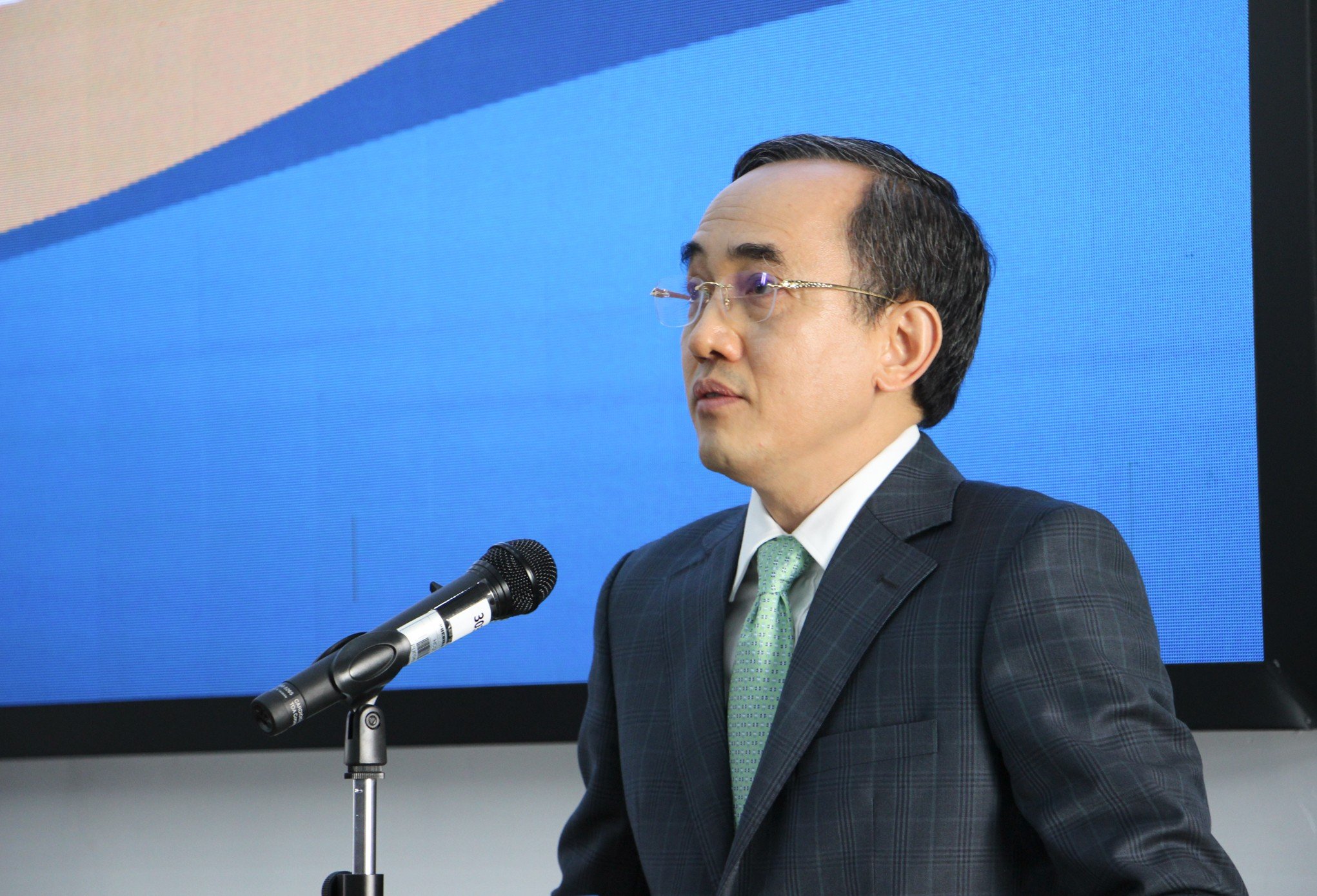

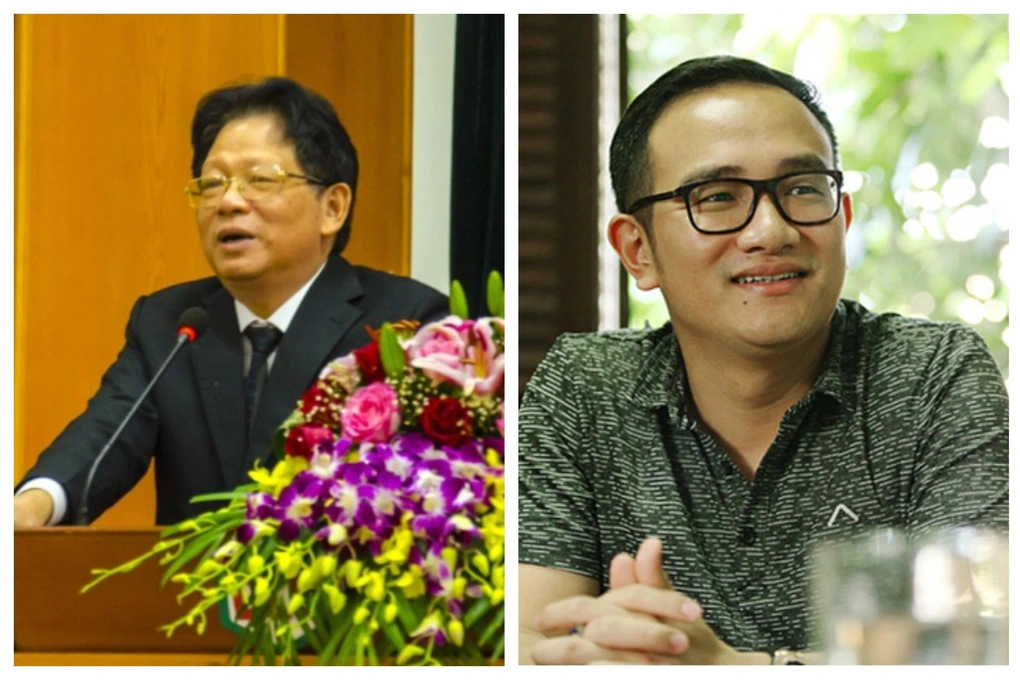













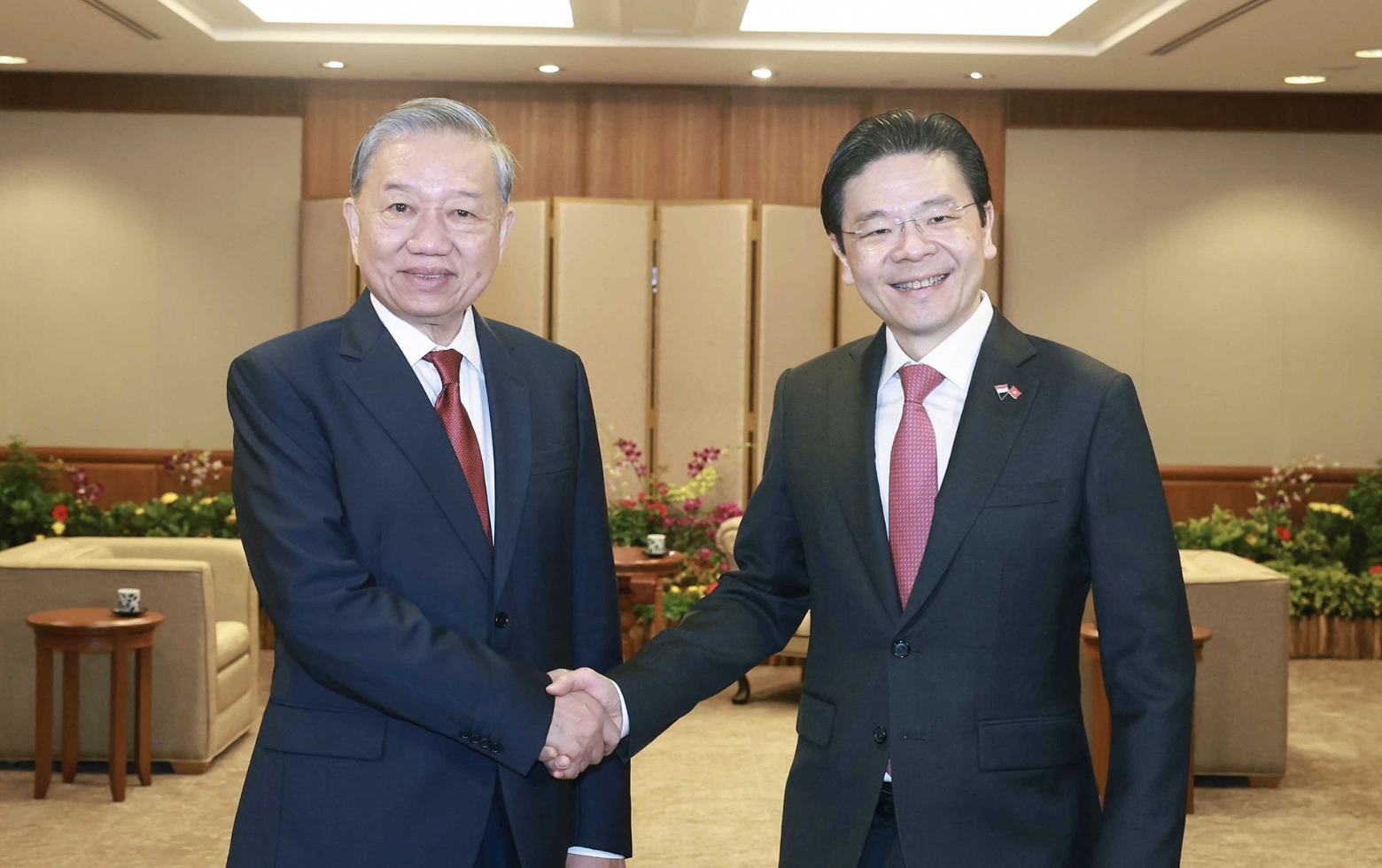




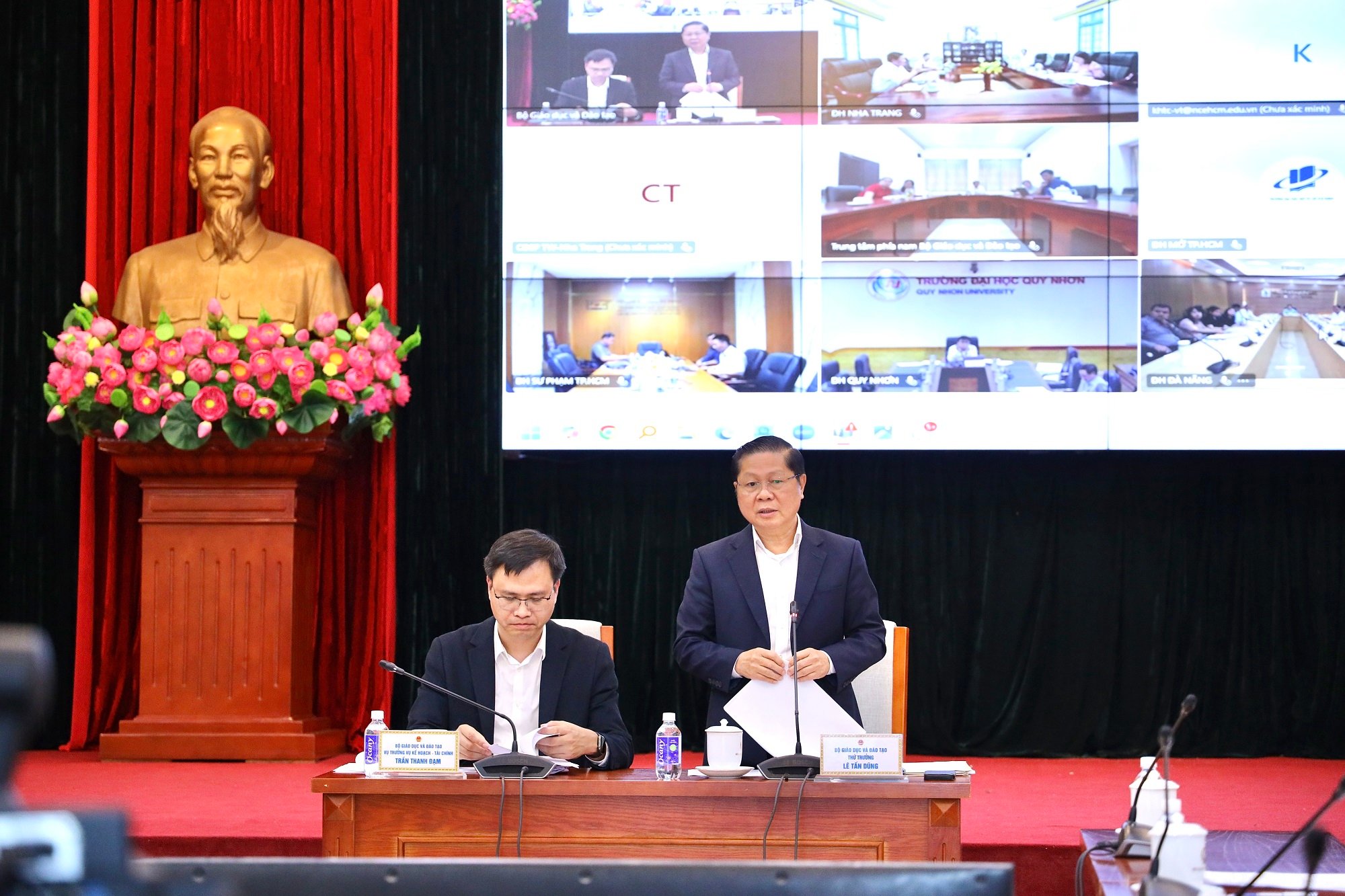



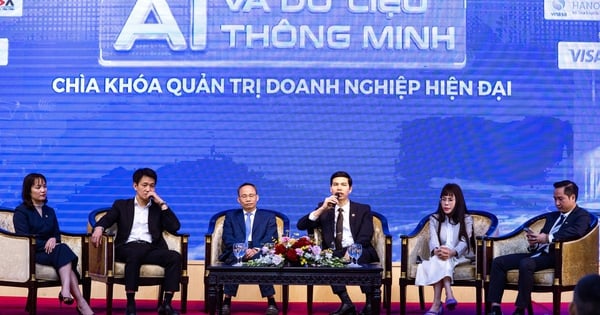











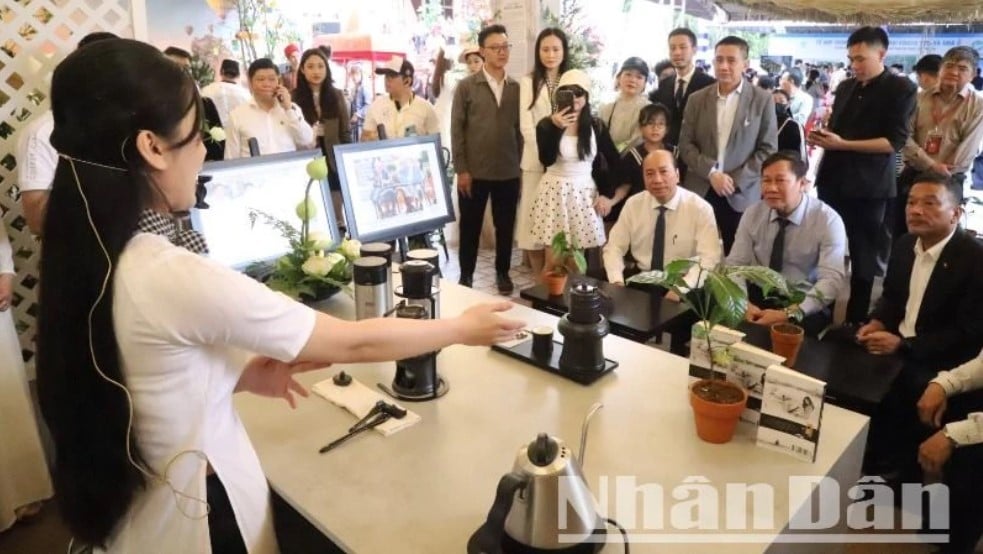

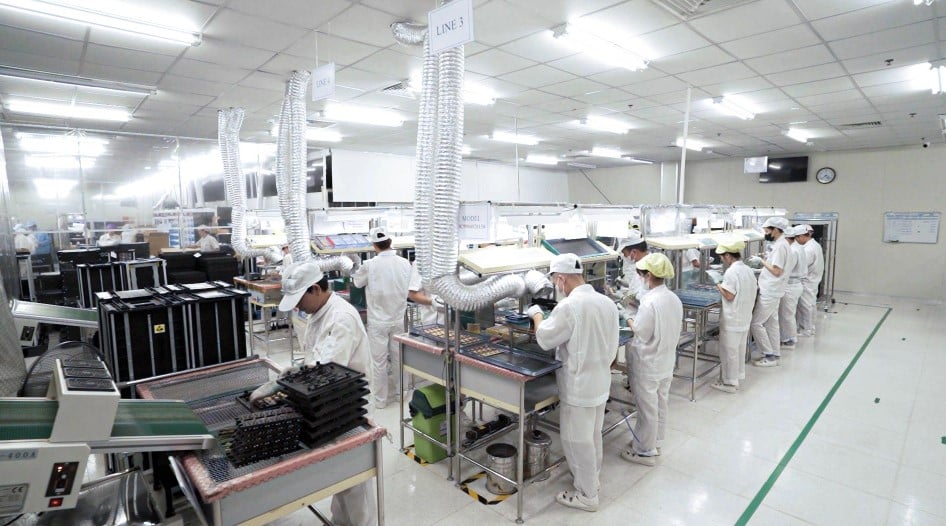

Comment (0)